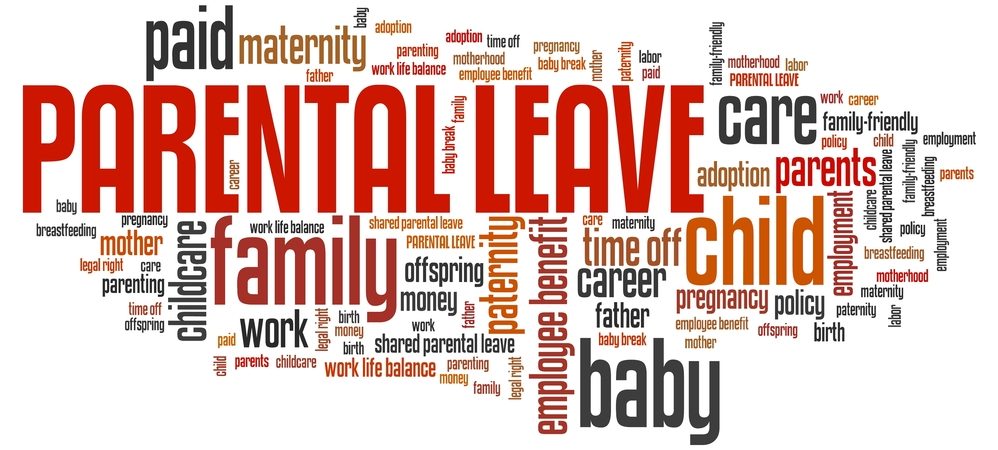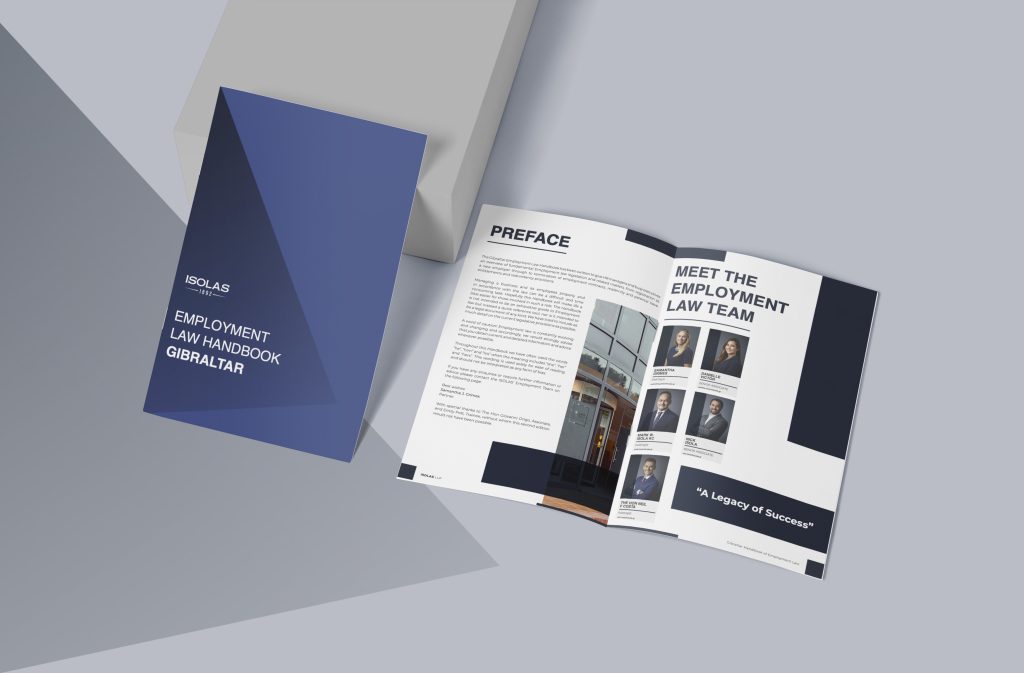Is COVID-19 a force majeure event?
As the COVID-19 pandemic spreads, its implications on the economy are beginning to become more readily apparent. One such implication is the potential that previously agreed contracts may no longer be performed through no fault of either party. In such cases, we have seen an increasing number of enquires as to whether parties may be able to rely on force majeure clauses to mitigate the negative effects of the pandemic on businesses.
ISOLAS LLP Senior Associate Danielle Victor has written a full briefing on the impact the COVID-19 pandemic might have on the performance of contracts as a whole and whether the commonly used force majeure clause can be utilised during this unprecedented time of sudden change.
What is force majeure?
In short, force majeure clauses are contractual clauses which allow parties to vary their obligations and/or liabilities under a contract – and in extreme cases even terminate them – when extraordinary events or circumstances beyond the control of the parties prevents the impacted party from performing the contract.
Given that these clauses are purely contractual, it means that there is no common law protection in such circumstances, nor can such protection be implied, should a contract exclude the clause. In cases where the contract does not provide for force majeure, a party may seek to rely on the doctrine of frustration instead (explained further below).
There is no “correct” or standard definition of force majeure. In the circumstances, clauses vary greatly and how they are drafted will have a crucial impact on whether they will afford parties the protection they are seeking in these unforeseen circumstances. As an example, a force majeure clause may look something like this:
“Neither party shall be in breach of this agreement nor liable for delay in performing, or failure to perform, any of its obligations under this agreement if such delay or failure result from events, circumstances or causes beyond its reasonable control. In such circumstances [the time for performance shall be extended by a period equivalent to the period during which performance of the obligation has been delayed or failed to be performed OR the affected party shall be entitled to a reasonable extension of the time for performing such obligations]. If the period of delay or non-performance continues for [NUMBER] [weeks months], the party not affected may terminate this agreement by giving [NUMBER] [days’] written notice to the affected party.”
Further, force majeure will usually be defined in the contract and can vary greatly in the types of events included. The most common examples of force majeure events are acts of God (examples are often included such as floods, drought, earthquakes or other natural disasters), terrorist attacks, wars, collapse of buildings, fire, explosions accident etc.
In most cases, the definition is “without limitation” which allows more flexibility to imply a force majeure event than in cases where the events listed are limited. However, there may be good reason why parties may want to limit force majeure events to those that can be anticipated to impact performance of the specific contact and, accordingly, restrict parties using force majeure as a means to excuse performance where it may be considered unjustified.
Force majeure clauses can have a range of consequences. These include:
- Excusing the affected party from performing the contract in whole or in part;
- Excusing that party from delay in performance, entitling them to suspend or claim an extension of time for performance;
- Or giving that party a right to terminate.
Can the COVID-19 pandemic be considered force majeure?
In itself, COVID-19 should not be used by a party to any contract to excuse its obligations to the other party. However, how the pandemic impacts specific areas as a result of the contingency measures put in place – for example, business closures or restrictions on movement – may be determinative as to whether a party may be restricted or prohibited altogether from being in a position to fulfil its obligations under a contract.
Accordingly, whether a particular “event” or “circumstance” constitutes force majeure will depend entirely on the circumstances of each individual case. In each case, consideration should be given to the obligations themselves, what impact, if any, the pandemic and the consequential measures put in place as a result of the pandemic might have on those obligations and, crucially, to the definition and terms of the specific force majeure clause.
In recent years, “epidemics and pandemics” are increasingly being included as express examples within the definition of a force majeure event in contracts. Another common example of such events are “laws or action taken by government” and as such, the Civil Contingencies Emergency (Coronavirus) (Health Protection Measures) Regulations 2020 – which include limitation of movement and trade as a direct result of the pandemic – may be construed as a relevant event, even if a contract does not make express provision for an epidemic or pandemic.
In cases where the relevant event is not specifically mentioned in the contract, it will be a question of interpretation of the force majeure clause as to whether the parties intended such an event to be covered. For instance, if the definition of a relevant event is limited or exclusive to those events listed, it might be difficult to argue that the list was non-exhaustive and that this event should be impliedly considered a force majeure event.
What if the COVID-19 pandemic makes performance is more expensive or difficult?
There may be cases in which the alternative method by which performance of a contract may be possible, is substantially more expensive or difficult than previously – the simplest example of this is delivery of goods which might be affected by certain restrictions of movement and an alternative route or delivery method is required. In such cases, reliance on the clause will once again depend on the wording of it.
Clauses which deal with “delays” or “non-performance” as a result of “events beyond the parties’ control” may be interpreted more broadly than, for example, clauses which only provide relief where performance is “prevented”. In the case of the latter, it may not be sufficient to rely on force majeure if performance is still possible but more expensive or difficult as performance is still possible – just more expensive. In such cases, it is likely that a party will still be required to perform at the higher cost. Of course, there will be exceptions and every case will be interpreted according to the individual circumstances, performance criteria, means of the business etc.
What if the contract does not provide for force majeure?
Given that force majeure is a creature of contractual creation rather than a rule of law, parties facing difficulty performing their obligations under a contract that does not provide for force majeure, should look to their contracts to determine whether the contract provides for other provisions of contractual relief, and if all else fails, the doctrine of frustration.
It is usually very difficult to prove that a contract has been frustrated given the stringent test imposed by the doctrine and as such, frustration should be considered as a last resort.
A contract may be discharged on the ground of frustration when something occurs after the formation of the contract which renders it physically or commercially impossible or illegal to fulfil the contract, or transforms the obligation to perform into a radically different obligation from that undertaken at the moment of entry into the contract.
As discussed above in relation to the force majeure, it may not be enough to argue that the pandemic in itself is an event to render performance impossible or to make it so radically different – a higher cost as a result of the pandemic will clearly not be sufficient in the case of frustration. However, the restrictions imposed, and most notably, the closure of certain businesses are likely to impact various contracts so a as to render at least some of the obligations under them, physically impossible.
Affected parties should, however, approach the issue of frustrating their contracts with caution since its affect is to terminate the contract in its entirety immediately and does not provide such flexibility in terms of, for example, affording a party more time to comply with its obligations.
Procedure steps for affected businesses/parties
- Evaluate the impact of the COVID-19 pandemic on your business and existing contractual obligations.
- If you consider your business will be affected, inform your contract partners as soon as possible, preferably in writing and always observing the notice provisions of the contract.
- Consider adopting reasonable measures to mitigate delays and losses.
- Where relevant, collect evidence on the occurrence of the force majeure event, adopted mitigation measures, incurred own losses, notice provided etc.
- Evaluate the possible consequences of the force majeure event on your business and what consequences are likely – e.g. termination of the contract or variation of the contract with regard to deadlines and delivery dates, etc.
- Discuss and negotiate with your contract partner on how best to proceed.
Executive Summary
There is no doubt that our current circumstances are unprecedented and that, accordingly, unprecedented measures are being taken which are indisputably causing many unforeseen and unavoidable difficulties for many parties to contracts. That said, it is important that parties recognise that they must prove that they are unable to perform their obligations on time or at all as a direct result of the pandemic (or the measures put in place as a result of the pandemic) in order to avail themselves of the protection of a force majeure clause. Accordingly, parties should be looking at alternative methods and means by which they may be able to meet their obligations and where no alternatives are possible, explore ways to mitigate a losses or damage.
In the above circumstances, it is likely that given the extent of the difficulties being faced by many, the COVID-19 pandemic may well qualify as a force majeure event in many cases and for those contracts not including a force majeure clause, frustration of the contract a real possibility.
If you think your business’s contractual obligations to third parties might be affected by the events surrounding the COVID-19 pandemic and would like to discuss the possibility of relying on a force majeure clause or in absence of one, frustration, please contact Samantha Grimes, James Montado or Danielle Victor on Samantha.grimes@isolas.gi, James.montado@isolas.gi and Danielle.victor@isolas.gi respectively.
Disclaimer: Please note that the information and any commentary on the law or otherwise contained in this article is only intended as a general statement and is provided for information purposes and not for the purposes of providing legal advice. No action should be taken in reliance on it without specific legal advice. Every reasonable effort is made to make the information and commentary accurate and up to date, but no responsibility for its accuracy and correctness, or for any consequence of relying on it, is assumed by the author and/or ISOLAS LLP.




